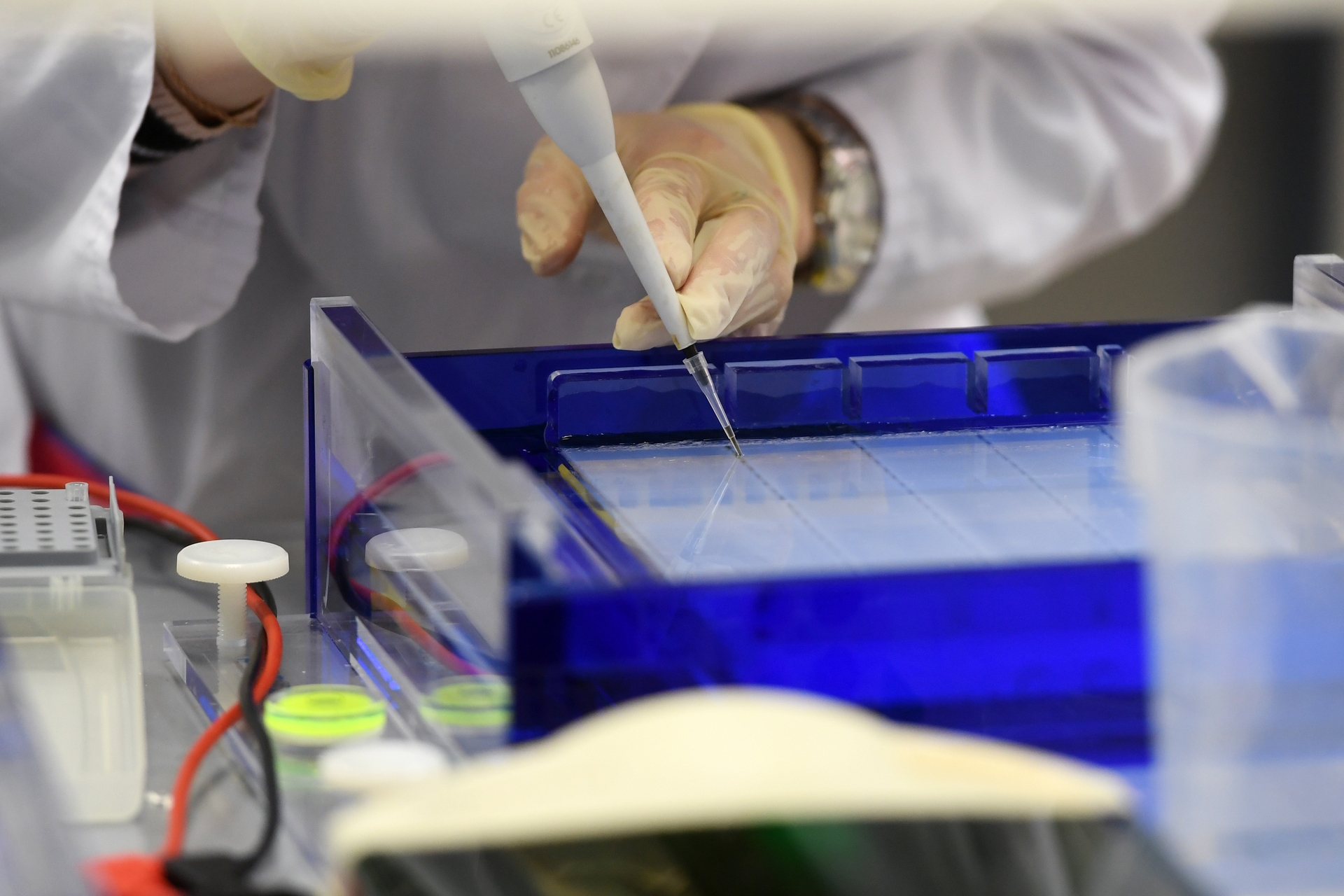The Moscow authorities do not plan to re-introduce restrictive measures due to the situation with coronavirus infection. Mayor of the capital Sergei Sobyanin told about it on the air of the TV channel "Russia 24".
Sobyanin described the epidemiological situation in Moscow as positively stable and urged "not to collect rumors on the Internet."
“No one is planning any quarantines from the 15th (September - RT ) or from some other date . We will look according to the circumstances, according to the situation. Today the situation is quite calm and stable, ”he said.
At the same time, Sobyanin noted the need to take precautions, including in transport and shopping centers, and wait for the vaccine to appear, recalling that "the coronavirus itself has not gone anywhere."
“It's just a virus that will live with us for a very long time. And therefore, of course, just like against the flu, you need to vaccinate. The history of the development of the pandemic in subsequent periods will depend on this, ”he added.
Answering the question about the vaccine against COVID-19, Sobyanin explained that work has long been built in the capital to vaccinate citizens, in particular, against influenza, and the whole system is “functioning and ready to accept any vaccine” for use.
"In the capital, work has long been built to vaccinate citizens, and the volume of vaccination against the common flu, for example, in Moscow reaches 5-6 million people," the mayor said.
Sobyanin noted that the vaccine must first of all pass state registration. At the same time, he recalled that preliminary clinical trials were quite successful, and in this regard, expressed the hope that the vaccine will receive registration in the coming weeks.
“Without vaccination, it will be hard for us to go through the subsequent periods associated with exacerbations of seasonal diseases,” said the mayor.
- RIA News
- © Maxim Bogodvid
Answering a question about the procedure for returning citizens who arrived from abroad to the city, Sobyanin said that, according to the decree of Rospotrebnadzor, they need to have the results of the PCR test with them.
“If you do not have a certificate of laboratory tests, then upon arrival in Moscow or in some region, you must undergo these tests in the laboratory at the place of arrival within a few days. As far as I know, no other certificates will be required, ”he explained.
Sobyanin also said that about 20 thousand people have already conducted tests for the presence of coronavirus infection using the PCR method.
“About 50 thousand have already used it, signed up, about 20 thousand have already conducted tests. I would not say that this is some kind of feverish demand, but nevertheless there are records and Muscovites are interested in this service, it is, of course, very important, ”he specified.
Speaking about the restoration of city life after restrictive measures, the mayor pointed out that Moscow is already open by about 90% compared to the traffic that was last year.
Sobyanin also said that the main prom night, which was postponed due to the pandemic, will be held in Gorky Park on Friday, July 24.
“With regard to some local graduation in schools, the schools themselves, which have large assembly halls, large gyms, where you can safely conduct it, can make a decision and hold there,” the mayor added.
Meanwhile, the head of the Ministry of Health, Mikhail Murashko, said that vaccination of health workers and people from risk groups could begin in August.
“We plan that all this will develop this year, and already in August it will be offered (to be vaccinated against coronavirus - RT) , we are now looking at what categories. These are, of course, first of all, medical workers and those who most often come across sick people, so the risk categories will be offered a vaccine, ”the minister said.
As for the mass vaccination of Russian citizens, Murashko explained that after the completion of clinical trials and their assessment by experts, a so-called permit on conditions will be issued. After that, the wider use of the vaccine will become possible, but in parallel, the third phase of clinical trials will still be carried out. Experts plan that 800 people will participate in them for each form of release, and these patients will receive vaccinations on an outpatient basis, the minister said.
“At the same time, scaling, production will begin, and the most at-risk groups will also be offered to be vaccinated voluntarily - and as a result of all this, we will receive large-scale production and large-scale application,” concluded Murashko.

